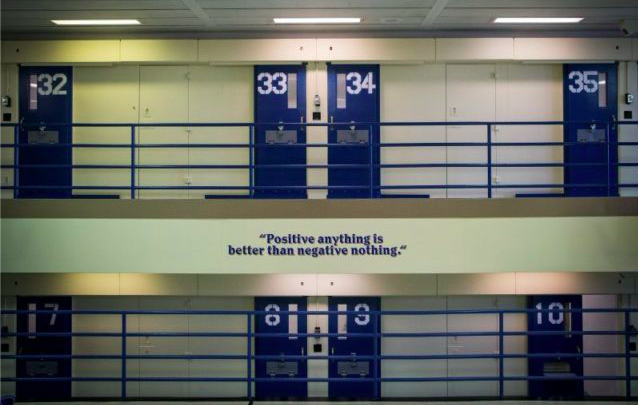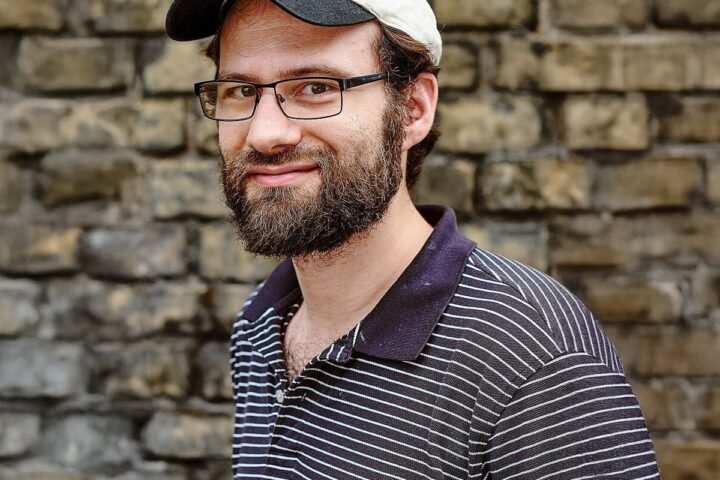On Feb 3, Reuven Blau of The City published an article exposing the accumulation of $1.2 million fines by Rikers Island inmates. These fines, which date back to 2015, act as punishments for failing to listen to direct orders against assaulting other inmates. Those fines are withdrawn from the inmate’s commissary funds which are used by inmates to purchase certain “luxury” items. Items could range from $0.90 for an envelope to $88.40 for an MP3 player. However, in order to avoid any disputes pertaining to unjustified fines, inmates can stand in front of an internal tribunal and defend themselves. According to Bleu, “if a detainee is found guilty, the money is yanked from commissary funds and put into the city’s general coffers”, and then those funds are added to the city’s treasury for future projects. From an outside perspective, this method may seem justified because it allows better control over the inmates by extorting their capability to afford civilian commodities. However, there is a bigger problem that requires a little more digging.
The money for the prisoner’s commissary funds is often provided by their families. These families tend to already come from a low-income background and then are pressured by the burden of their family member’s accumulating fines. According to Blau, “board members and inmate advocates contend the monetary penalty to curtail violence, and primarily punishes low-income family members who end up covering the fee”. Even though there are inmates who care, there are also inmates who don’t seem to be affected by it. The fine system is a way in order to limit the use of solitary confinement, but eliminating the use of the system would lead to more difficulty trying to control inmates who act out more.
The Bill de Blasio Administration has acknowledged the problem of the fine system, and although its elimination seems like a critical issue– the media hasn’t been covering it much lately. This is primarily due to the de Blasio Administration focusing on a broader issue concerning the future of Rikers, which is New York City’s decision to close the correction system altogether.
According to Matthew Haag of the New York Times, “supporters say the plan places New York City at the forefront of a national movement to reverse decades of mass incarceration that disproportionately affected black and Hispanic people”. Rikers Island retains its reputation for abuse and neglect, and inmates are vulnerable to the unjust rules of the prison primarily targeting minorities. Reverting to the inmate’s fines, the New York City Department of Correction has documented over 23,000 inmates who have been fined since 2015. Over $920,000 have been collected while $249,867 has been uncollected. The Correction Department has continued collecting the penalty fines because the proposal for eliminating the entire system is still in the process of being reviewed. Former Rikers Island inmates have recalled how violent life was while being in prison, and having to fight in order to make amends is a struggle that they had to pull through.
With the prison’s overhaul underway, the plan has an expected deadline of 2026. The city intends on having new jails built around the boroughs in order to compensate for the closing of Rikers Island. The status of the fine system elimination remains unclear, as it takes weeks for the review to come to a completion.














